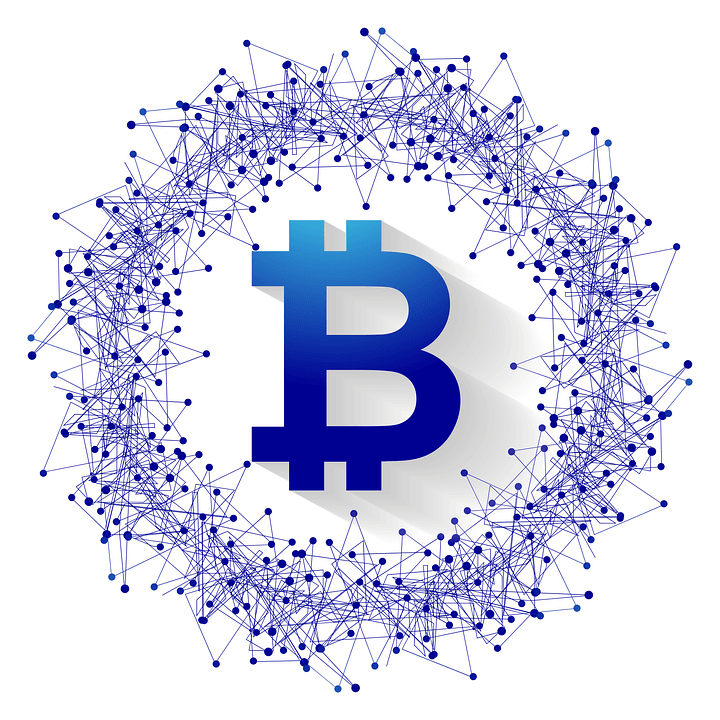Beyond Bitcoin: Exploring the Incredible Potential of Blockchain Technology
Discover the transformative power of blockchain technology and its impact on industries. Explore its potential, applications, and benefits for businesses and individuals.
What is blockchain?
A blockchain is a decentralized, distributed and public digital ledger that is used to record transactions across many computers so that the record cannot be altered retroactively without the alteration of all subsequent blocks and the consensus of the network.

FAQ
Blockchain technology is a decentralized digital ledger that records transactions across multiple computers. It operates on a peer-to-peer network, where each transaction is stored in a “block” linked to previous blocks, forming a chain. This distributed ledger ensures transparency, immutability, and security by eliminating the need for a central authority.
Unlike traditional systems that rely on a central authority to validate and record transactions, blockchain operates on a decentralized network where transactions are verified by multiple participants. This eliminates the need for intermediaries, reduces the risk of fraud, enhances transparency, and enables trustless peer-to-peer transactions.
The key components of blockchain technology include:
- Distributed Ledger: A shared digital ledger that records all transactions across multiple nodes.
- Blocks: Containers that store transaction data and are linked to previous blocks.
- Cryptography: Algorithms that secure data, ensure privacy, and verify transaction integrity.
- Consensus Mechanism: Rules or algorithms that validate transactions and achieve agreement among network participants.
- Cryptocurrencies and digital payments (e.g., Bitcoin, Ethereum)
- Supply chain management and traceability
- Smart contracts for automated and self-executing agreements
- Identity verification and authentication
- Healthcare record management and interoperability
- Intellectual property rights protection
- Voting systems to enhance transparency and security
- Enhanced security and transparency due to the decentralized nature of the network.
- Reduced costs by eliminating intermediaries and streamlining processes.
- Improved efficiency through automation and digitization of transactions.
- Increased trust and accountability through tamper-resistant records.
- Empowering individuals by enabling peer-to-peer transactions and ownership.
- Potential for innovation and disruption across industries through decentralized applications (DApps) and smart contracts.